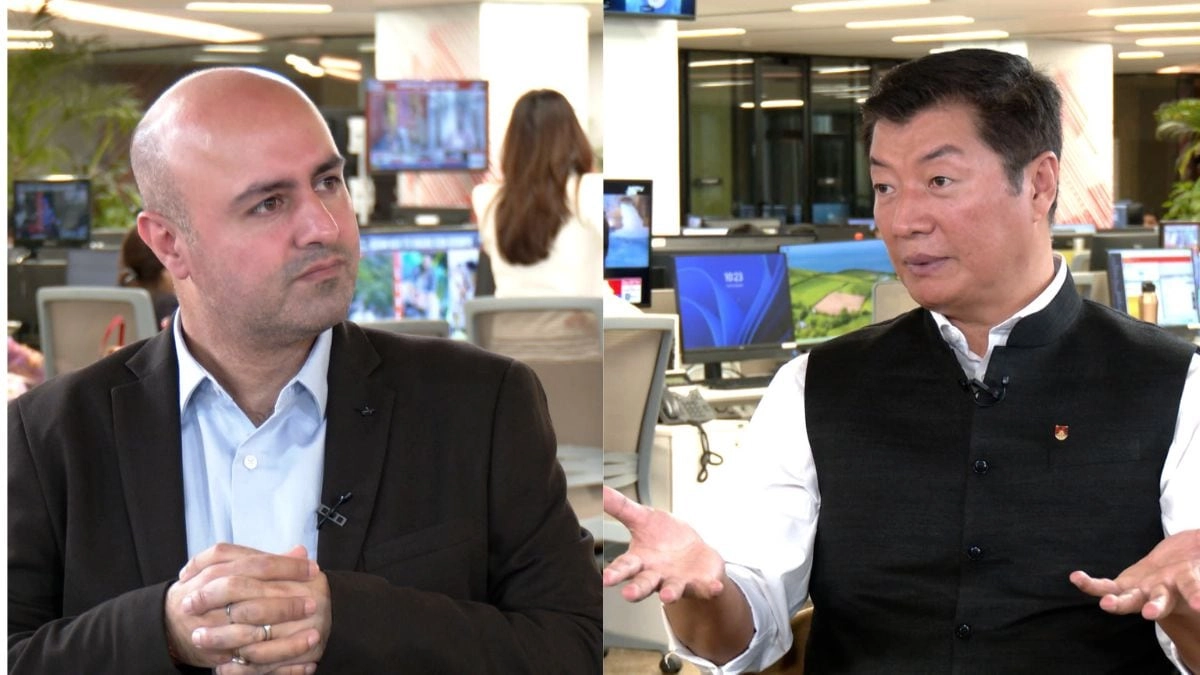In a stark warning to India, the leader of Tibet has raised concerns about China’s growing influence and the phenomenon often referred to as “elite capture.” This term describes a situation where powerful individuals or groups manipulate political systems and decision-makers to serve their own interests, often at the expense of broader societal or national interests. According to the Tibetan leader, this strategy is being employed by China as it seeks to expand its foothold in various regions, including India. The implications of this maneuvering are profound, as it threatens the integrity of democratic institutions and the sovereignty of nations that may fall prey to such tactics.
The Tibetan leader’s remarks come at a time when China’s ambitions in the region are increasingly visible. As Beijing enhances its economic and political clout, there are growing fears that it could leverage its resources to influence key political figures in neighboring countries. This could result in policies that favor Chinese interests, undermining local governance and the rights of the populace. The concerns are particularly resonant for India, given its complex relationship with China, characterized by both competition and cooperation. The historical context of the Sino-Indian relationship adds another layer of urgency to the warnings, as past conflicts and ongoing territorial disputes continue to shape diplomatic interactions.
Moreover, the issue of elite capture is not confined to political maneuvering alone; it also extends into economic realms. As China invests heavily in infrastructure and development projects across South Asia, there is a concern that these investments could come with strings attached, leading to a form of economic dependency that would further entrench China’s influence. The Tibetan leader’s call for vigilance is a reminder for India and other nations in the region to remain aware of the potential risks associated with engaging with China, particularly in light of its aggressive foreign policy stance.
In this context, the need for a united front among democracies becomes apparent. Countries in the region must collaborate to safeguard their sovereignty and democratic processes from external pressures. This includes fostering awareness among citizens about the risks of elite capture and ensuring that political leaders remain accountable to the electorate rather than to foreign interests. Only through collective action and vigilance can nations hope to resist the encroaching influence of powerful foreign entities and protect their democratic ideals. The Tibetan leader’s warning serves as a crucial reminder of the delicate balance that must be maintained in international relations, particularly in a world where power dynamics are continually shifting.




